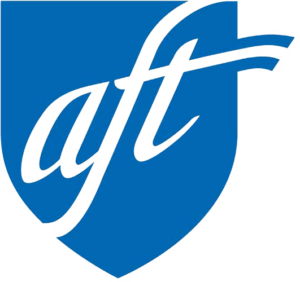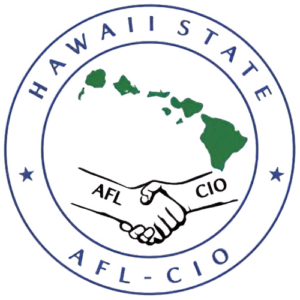Background
University of Hawaii Board of Regents Immediate Past Chair Ben Kudo established a Permitted Interaction Group (PIG) on February 18, 2021 and charged it with looking into three specific areas of tenure:
- Overview, history and purpose of tenure;
- Evolution, current views and developments on tenure (outside of the University of Hawai‘i); and
- The current process, criteria, and decision making on tenure at UH.
Former UH BOR Jan Sullivan was assigned to serve as the Tenure PIG Chair.
Outcome
The PIG did not carry out its assigned scope of work. The Tenure PIG instead based their discussions on the misconception that tenure provides absolute job security or lifelong employment and that the UH administration has virtually no ability to take action when warranted. The PIG’s recommendations were based on this erroneous understanding and therefore the proposed amendments attempt to dismantle tenure.
UHPA’s Position
UHPA Executive Director Christian Fern, who served as a member of the Tenure PIG, issued a dissenting letter on the PIG’s recommendations to the UH Board of Regents. Fern, numerous faculty members, and UH administrators testified in strong opposition to the Tenure PIG recommendations at the UH Board of Regents meeting held on Oct. 21, 2021. More than 600 pages of written testimony were submitted to the Board of the Regents.
Key Tenure Issues Raised in Testimony
Tenure safeguards academic freedom
The purpose of tenure is to safeguard a faculty member’s right to academic freedom which is essential to those who teach and conduct research in higher education institutions. Tenure provides the essential conditions and optimal environment for faculty to educate students, to pursue research and innovation, and to draw upon evidence-based conclusions that are free from undue political interference or corporate pressure.
Ongoing tenure is based on faculty performance
All other peer institutions who grant tenure can terminate a faculty member for cause, substandard performance, or for extraordinary circumstances like fiscal exigency or program discontinuation. The UH is no different. These managerial rights to terminate faculty under those conditions mentioned above are clearly outlined and defined in the UHPA/BOR Unit 7 Agreement.
A solution for a non-existent problem
The PIG’s proposed recommendations offer “solutions” for a problem that does not exist. UH Administration and UHPA have also worked collaboratively with a common goal to ensure that students remained the focus. Dismantling tenure and proposing to overhaul the tenure system is a drastic way to fix any perceived problem.
Faculty classifications are misleading
The PIG especially attacked the practice of providing tenure for “non-instructional” faculty. All faculty are involved in the instruction of students, including those who are teaching in a classroom setting. There was an outpouring of testimonies that provided examples of faculty who teach students in different ways. They should not be not be treated differently.
Five-year reviews subject to management scrutiny
The PIG’s recommends the current system of five-year reviews of tenured faculty be extended beyond a faculty member’s peers and include UH administration, who would have the latitude to decide whether a faculty receives tenure based on market conditions. This capriciousness undermines the academic freedom and the purpose of tenure and makes the UH subject to commercial forces.
Impact on quality standards
The PIG’s recommendations adversely impact the UH’s ability to attract and retain faculty. This ultimately will impact the quality of the UH as a R-1 research institution, and this will affect the ability to secure extramural research funding and maintain and grow student enrollment.
Next Steps:
Fortunately, the testimonies gave the Board of Regents pause and the Tenure PIG’s recommendations were not implemented. However, the Board of Regents voted to defer these recommendations to an ad hoc committee for review. UHPA and faculty must continue to monitor the status of these recommendations.
To defend their recommendations, the PIG leaders publicly mentioned the intention of the amendments was to encourage dialogue with faculty. Faculty had not been consulted for the PIG recommendations and have accepted this as an invitation for further discussion.
Additional Reading
These related articles (listed in descending chronological order) are published on the UHPA website under the Academic category:



